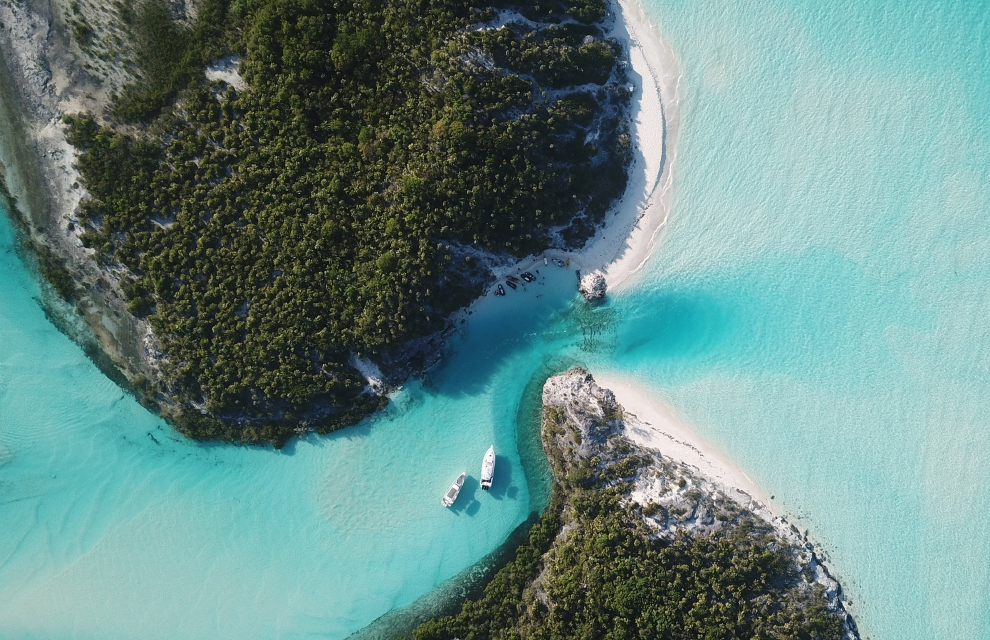Lyndsey Young talks to Carl Culmer of The Bahamas Insurance Commission and Guilden Gilbert, CEO of Chandler Gilbert Captive Managers, about the post-COVID opportunities in The Bahamas captive insurance market
Global pandemic effects are still being felt in many jurisdictions. How has COVID-19 impacted The Bahamas’ captive insurers?
Guilden Gilbert: The nature of COVID-19 removed our ability to get in front of potential owners and industry partners just as we were starting to make some in-roads. Now that COVID-19 is being ‘managed’ and economies are back to business, our attendance at future captive and insurance conferences will see us back to “pounding the pavement” and “flying the flag” of The Bahamas. We are hoping to get back to where we were in promoting the domicile. We will start our journey again at the World Captive Forum in Miami from 1 to 3 February.
What advantages does The Bahamas have over other domiciles?
Gilbert: The Bahamas is a very highly regarded financial services domicile, which means that all ancillary services, including international banking and investment management services, are readily available and willing to serve. As The Bahamas is a re-developing captive market, there is a great deal of flexibility from the Insurance Commission of the Bahamas, who are looking to “get it right” by remaining open and flexible in its supervisory and regulatory role.
What are the biggest opportunities within The Bahamas captive market right now?
Gilbert: I believe the biggest opportunity for The Bahamas lies in the small- to medium-sized corporate space. This is because cost is a key component of consideration for these entities and, due to the proximity and vast airlift to the land from The Bahamas, smaller entities can curtail costs by flying in and out the same day for meetings.
Small-to-medium-sized entities (SMEs) seeking to set up their own segregated accounts have been credited with the growth in The Bahamas captive market. What is attracting these businesses to The Bahamas?
Gilbert: I believe cost is the biggest factor. Even today, The Bahamas is likely the lowest-cost domicile, and it has a robust and sound regulatory environment that can respond very quickly to the needs and desires of captive owners.
A review of the Insurance Act, 2005 and External Insurance Act, 2009, two of the jurisdiction’s main insurance laws, was undertaken by the Commission in 2021 as part of its plan to combine legislation. What is the status of this review, and when do you expect it to be completed?
Carl Culmer: The Insurance Commission continues to advance its efforts in combining the Insurance Act, 2005 and the External Insurance Act, 2009. The Commission has completed its legislative review, which includes the proposed amendments, and is preparing to issue a draft for public consultation by Q2 2023.
The Commission remains committed to ensuring that its legislative mandate is progressive in facilitating the needs of the international and domestic insurance market.
Gilbert: I currently sit on the working group for consolidation of these two acts. This is an ongoing exercise that is geared to creating an insurance act that will make conducting business in The Bahamas easier, while at the same time providing for proper and prudent regulation.
Once the initial draft has been prepared, it will be circulated widely for input by industry stakeholders. The desire is to ensure that the act is a modern piece of legislation that matches the needs of both the domestic and international insurance sectors. I believe the goal is to have this completed toward the end of 2023.
What impact has the hardening market had on The Bahamas captive business, and in what ways has it affected the marketplace as a whole?
Gilbert: While we readily acknowledge that we are in the midst of a hard insurance market, there remains more than sufficient capital and limits within the reinsurance market. The current hardening market is the ideal time for The Bahamas to be able to grow as a captive domicile. As is widely known, it is in hard markets that captive businesses typically expand because owners are looking for stability, in both terms and pricing.
Culmer: During 2022 we have seen no material movement in growth in our captive and international insurance market. While business conditions have been challenging in 2022, the Commission remains satisfied that its current and proposed legislation and guidelines remain robust to facilitate growth in 2023.
At this time, what are the most significant challenges that you see facing the industry?
Gilbert: Through a desire to become a recognised captive domicile again, the most difficult challenge facing The Bahamas is getting the word out that The Bahamas is not just open for business, but is also a viable option that can be full of creative and proper transfer-of-risk opportunities.
We, as a company, have been making a concerted effort to attend the key captive industry conferences, such as the World Captive Forum and CICA, as well as other large insurance conferences, such as RIMS.
As a small entity, we recognise what a sound and solid insurance market can do for the long-term economic stability of a small economy, so we are prepared to do our part by getting The Bahamas noticed.
We are very much open to partnering with established captive managers who are willing to consider The Bahamas. With an active presence in the region, and being well known by the Insurance Commission of the Bahamas, we can create a path for these captive managers.





